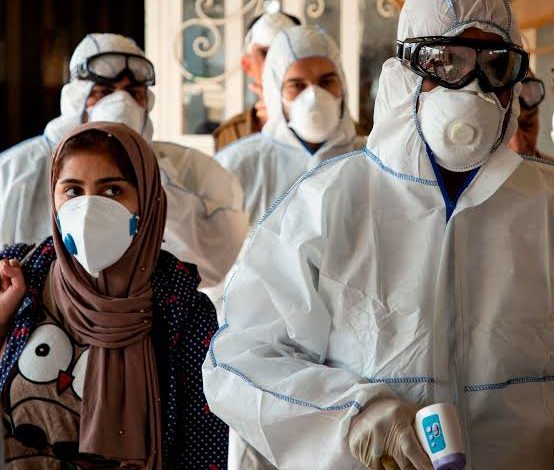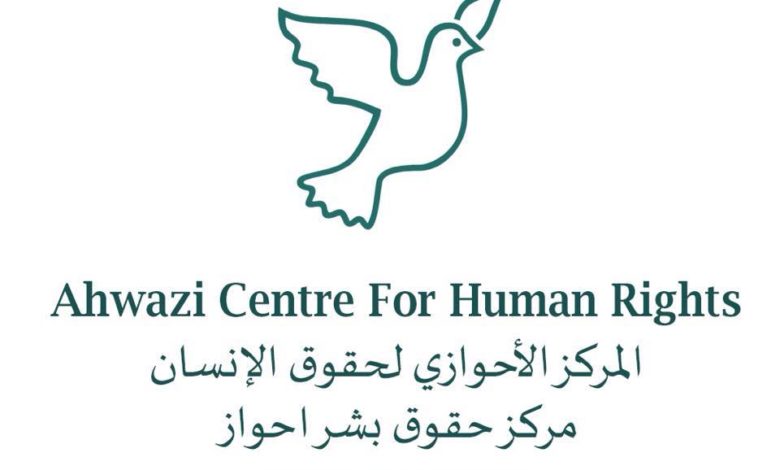The Iranian regime’s revolutionary court in Ahwaz has ruled against four more young Ahwazis for their civil and Internet human rights activism
Ahwazi sources have reported that one of the four convicted activists, Rahim Sharhani, 41, has been sentenced to a year of imprisonment.
Another of the four, Salman Sorkhi, 24, was sentenced to six months in prison. The other two activists, Ali Peiravi Nejad and Adnan Bayanat Bani-Sekini have been fined ten million Rials (equal to £250) because they promoted a benign internet hashtag calling for Ahwazi people to clean their neighborhood street in preparation for the Eid-El-Fitr holiday that runs each year after the Muslim holy month of Ramadan.
All four of these victims of the Iran regime have reportedly spent more than a month in solitary confinement in the detention centre of the Ministry of Intelligence since July 2016. They were arrested in the Farhani neighborhood while volunteering for street cleaning. During their detention, they have been subjected to severe torture and ill-treatment.
Sources who have been anonymised to protect them from regime persecution have told Ahwaz Monitor that these four Ahwazis have not been allowed to see their families nor allowed access to legal services. This itself is illegal, even under the tyrannical Iran regime’s rules. Their trial was arranged for them without prior announcement in the regime’s revolutionary court branch three in Ahwaz, further demonstrating that this trial was biased against the defendants and is likely to be based on forced and false ‘confessions’ under torture.
The sources added that the main charges against these four Ahwazis relate to distributing and promoting ideas linked to Ahwazi political groups, as well as arranging public gatherings and engaging in internet activities related to these groups. The defendants have bravely denied all charges against them.
Many sources close to Ahwaz Monitor have confirmed that the regime is increasing the already very high arrest rates of Ahwazis in order to terrorise and intimidate them into silence and quash unrest and protests in advance of Iran’s presidential election. The regime fears any protest that might threaten the future of the totalitarian theocratic regime’s so-called state and, given the announced Presidential candidates, there are likely to be many such protests.
This action by the Iran regime can, therefore, be legitimately claimed as inherently racist, given their narrow definition of Islam, which excludes and forbids the freedom of Ahwazis to observe their own religion.
Increasing protests by ethnic minorities in Iran, who make up more than half the country’s population, against the regime’s endemic racism, oppression and injustice, have resulted in unease among the regime leadership. Many experts warned that the country in its current form could ultimately disintegrate if these minorities are not granted their basic rights and are disseminating this information worldwide, garnering more and more support and awareness.
The Islamic Republic’s regime still, however, continues to follow its racist doctrine which is heightening fundamentalist Shiite theocracy with Persian nationalism. Thus, the ruling junta, which believed in a “national-religious” ideology, continues to rule Iran and to deprive the country’s religious and ethnic minorities of the most basic rights, with diversity being forcibly denied by the regime as it attempts to impose enforced homogeneity, while denying the people their identity or the most basic of rights.




